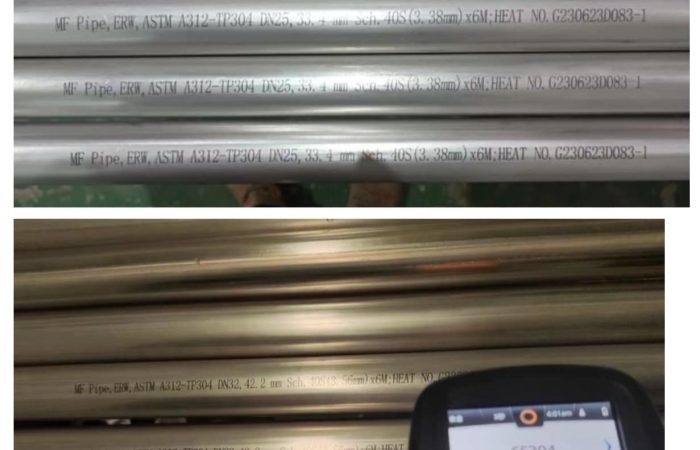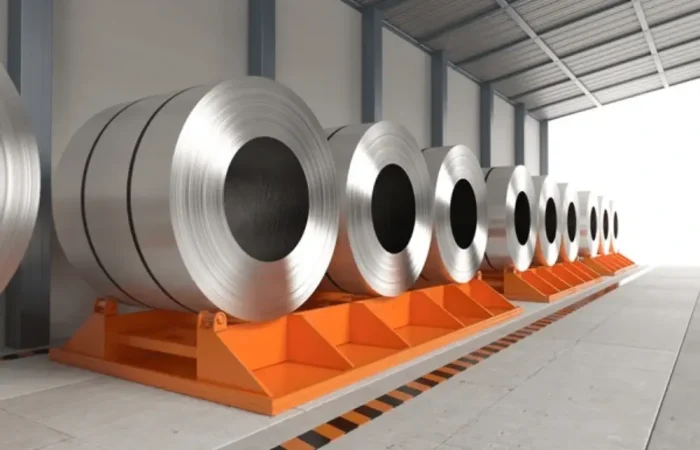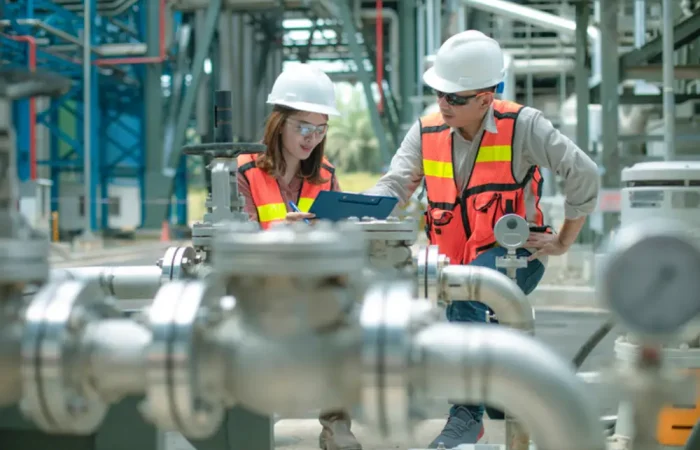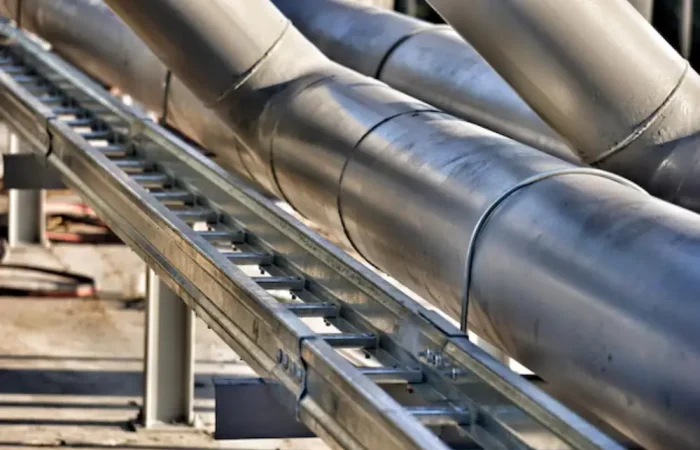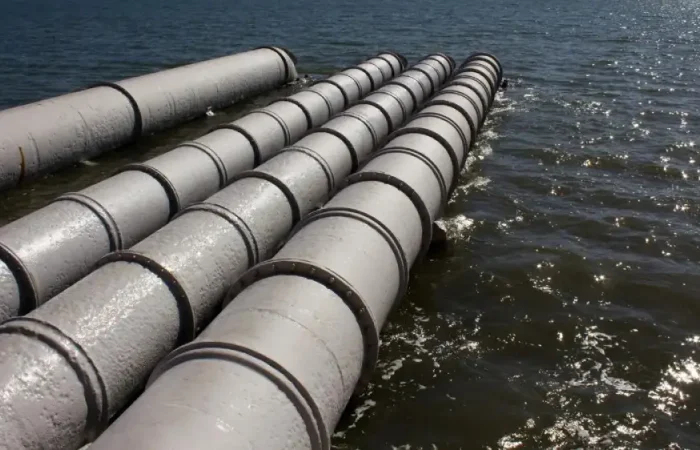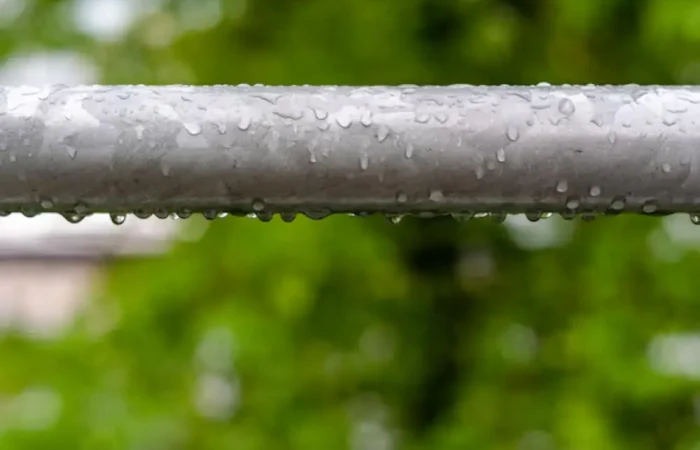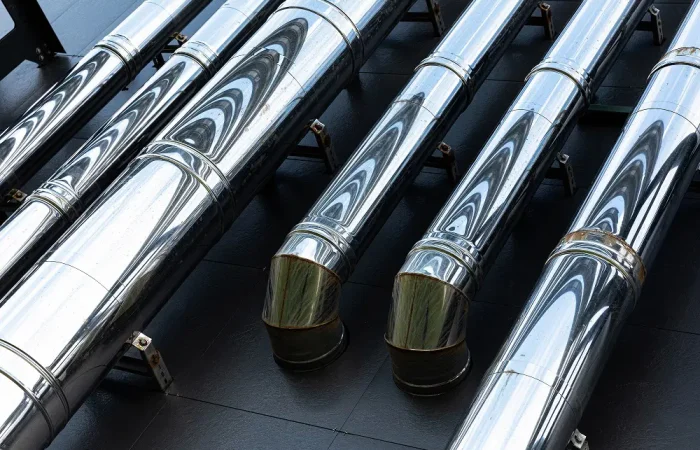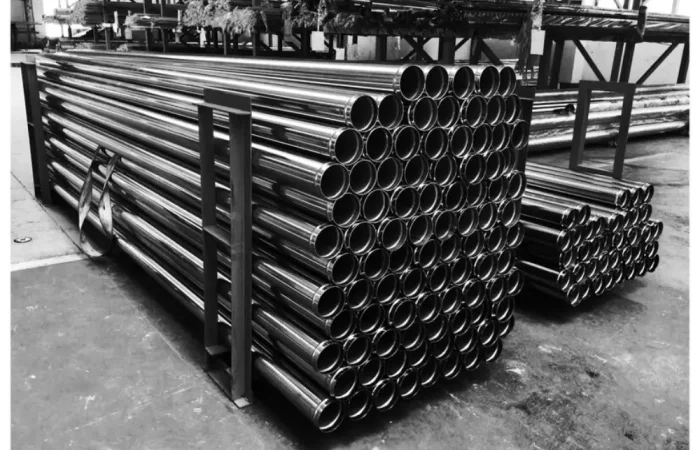In today’s world, the importance of sustainability cannot be overstated. Industries across the globe are increasingly adopting green initiatives to reduce their environmental footprint. One key player in this movement is stainless steel, particularly stainless pipes, which offer numerous environmental benefits. This article explores how stainless pipes, specifically those provided by Megalos Ferro Inc., contribute to green initiatives and promote sustainability.
The Eco-Friendly Nature of Stainless Steel
Stainless steel is renowned for its durability, resistance to corrosion, and recyclability, making it an eco-friendly material. Stainless pipes, crafted from this versatile material, inherently support sustainability through several key attributes:
- Longevity and Durability: Stainless steel pipes are exceptionally durable, reducing the need for frequent replacements. This longevity means less material waste and lower energy consumption in manufacturing over time.
- Corrosion Resistance: The high corrosion resistance of stainless steel pipes ensures that they maintain their integrity even in harsh environments. This property minimizes the risk of leaks and contamination, promoting safer and cleaner operations in various industries.
- Recyclability: Stainless steel is 100% recyclable, meaning that stainless pipes can be repurposed without any degradation in quality. This contributes significantly to waste reduction and resource conservation.
Energy Efficiency in Production and Use of Stainless Pipe
The production and utilization of stainless pipes are energy-efficient processes that contribute to lower carbon footprints. Here’s how:
- Efficient Production Processes: Modern manufacturing techniques employed by companies like Megalos Ferro Inc. ensure that the production of stainless pipes is energy-efficient. Innovations in smelting, casting, and forming have reduced energy consumption significantly.
- Thermal Conductivity: Stainless steel’s thermal properties make stainless pipes excellent for heat exchange applications. This efficiency in transferring heat results in reduced energy use in systems like heating, ventilation, and air conditioning (HVAC).
- Reduced Lifecycle Energy Use: Due to their durability and resistance to wear and tear, stainless pipes require less frequent replacement. This reduces the overall energy expenditure associated with manufacturing and transporting new pipes, contributing to a more sustainable lifecycle.
Contribution to Water Conservation
Water conservation is a critical aspect of sustainability, and stainless pipes play a pivotal role in this area:
- Leak Prevention: The corrosion resistance of stainless pipes ensures that they are less prone to leaks compared to other materials. This reliability is crucial in water transport systems, where even minor leaks can result in significant water loss over time.
- Clean Water Transport: Stainless steel does not leach harmful chemicals into water, ensuring that the transported water remains clean and safe for consumption. This property is particularly important in municipal water systems and industries requiring high purity water.
- Efficient Irrigation Systems: In agricultural applications, stainless pipes contribute to more efficient irrigation systems by maintaining their integrity over time. This ensures consistent water delivery to crops, reducing wastage and promoting sustainable farming practices.
Promoting Sustainable Construction Practices
The construction industry is a major consumer of resources, but stainless pipes can help mitigate this impact through sustainable practices:
- Green Building Certifications: Stainless steel materials, including pipes, are often favored in green building certifications such as LEED (Leadership in Energy and Environmental Design). Their sustainable attributes contribute to achieving high scores in these certification systems.
- Reduction of Construction Waste: The strength and adaptability of stainless pipes mean they can be used efficiently in various construction applications, reducing waste. Their ability to be recycled further minimizes construction debris sent to landfills.
- Energy-Efficient Buildings: The use of stainless pipes in HVAC and plumbing systems contributes to the overall energy efficiency of buildings. Efficient heat exchange and leak-free water transport systems are essential components of sustainable building design.
Stainless pipes are integral to numerous green initiatives, from reducing material waste and energy consumption to promoting water conservation and sustainable construction practices. Megalos Ferro Inc., with its commitment to producing high-quality stainless pipes, plays a vital role in advancing these sustainability goals. As industries and communities continue to prioritize environmental responsibility, the use of stainless pipes will remain a cornerstone of sustainable development efforts.
For more information on how Megalos Ferro Inc. can support your sustainability initiatives with our range of stainless pipes, contact us today.
read more